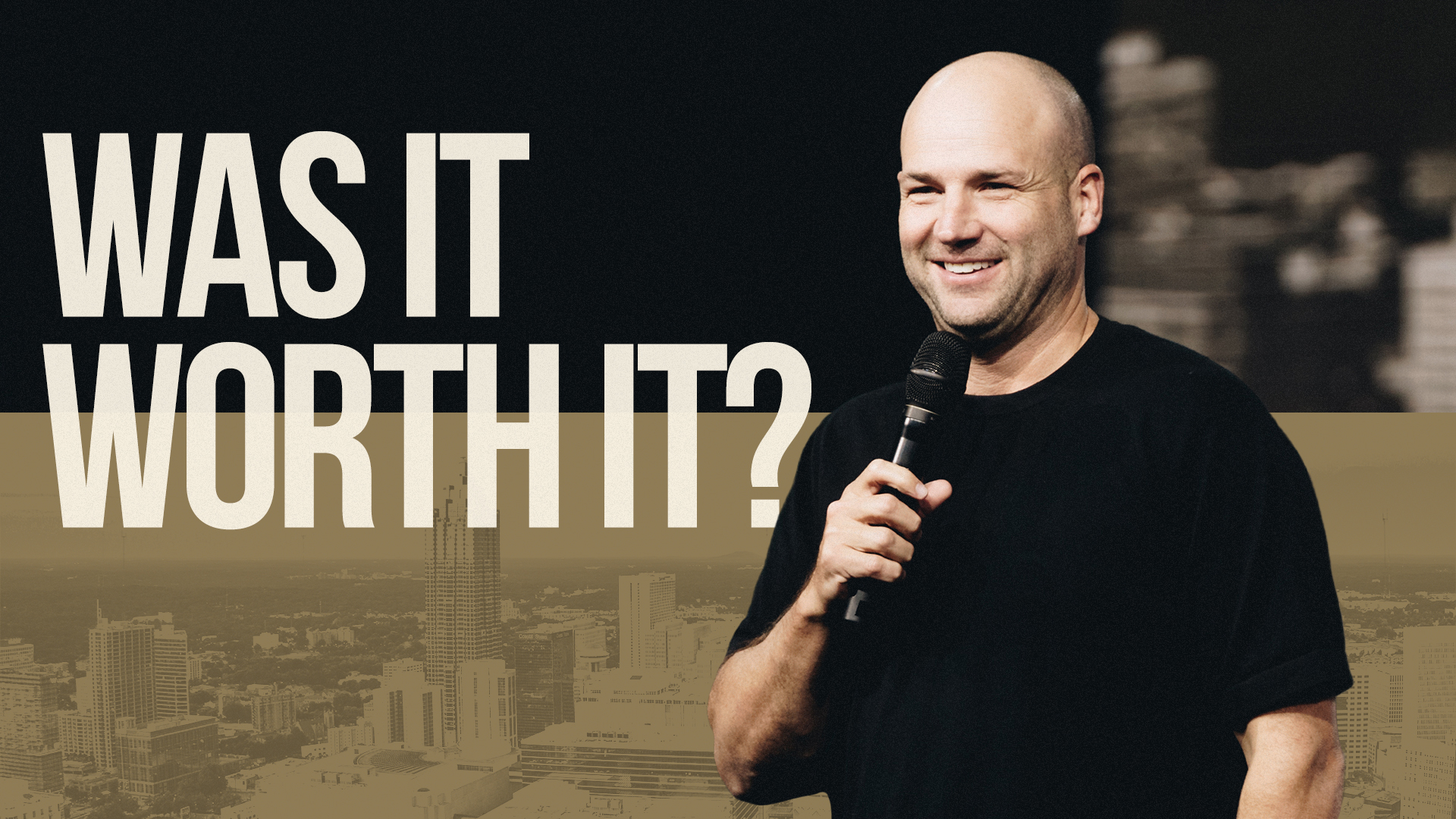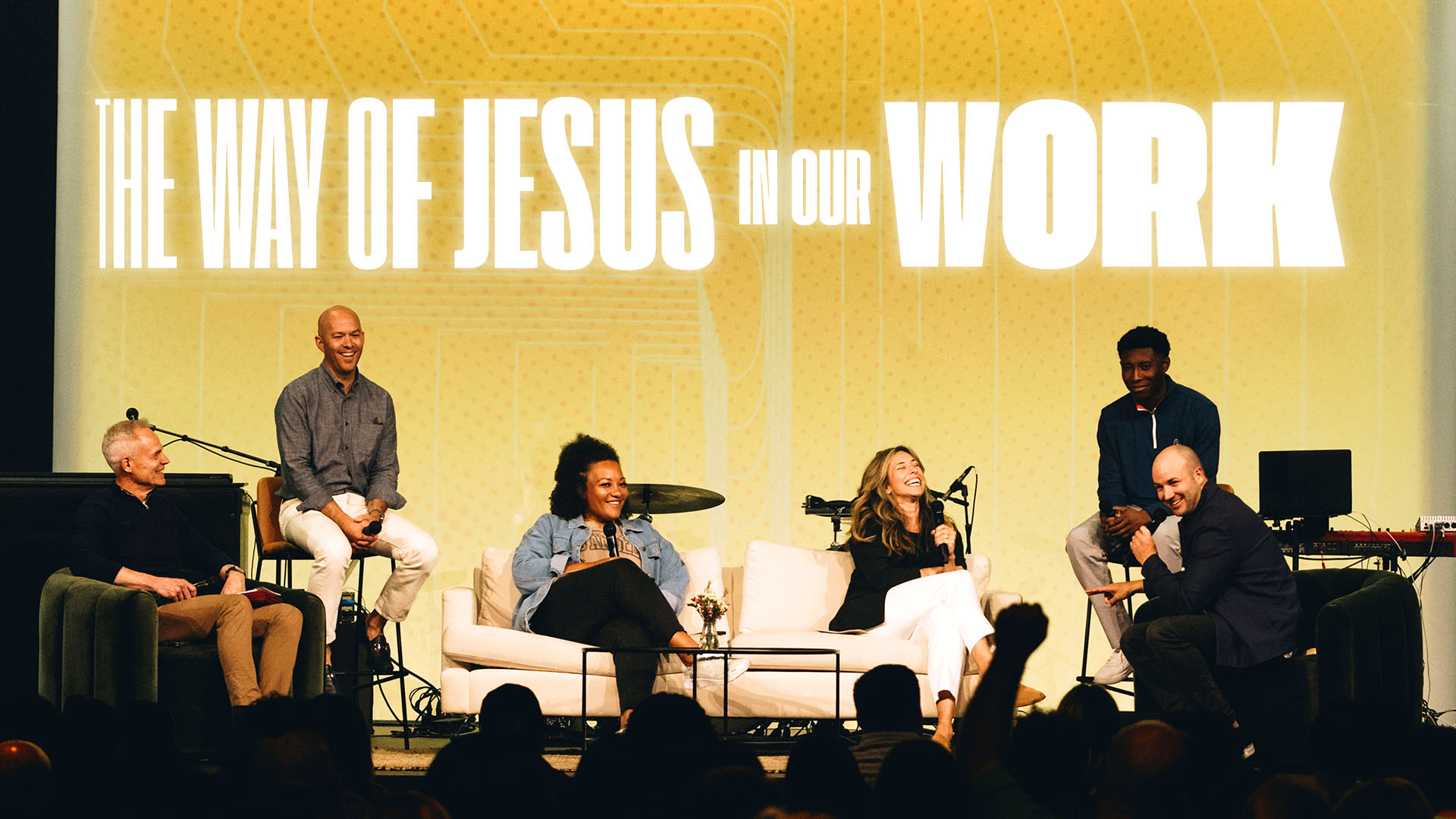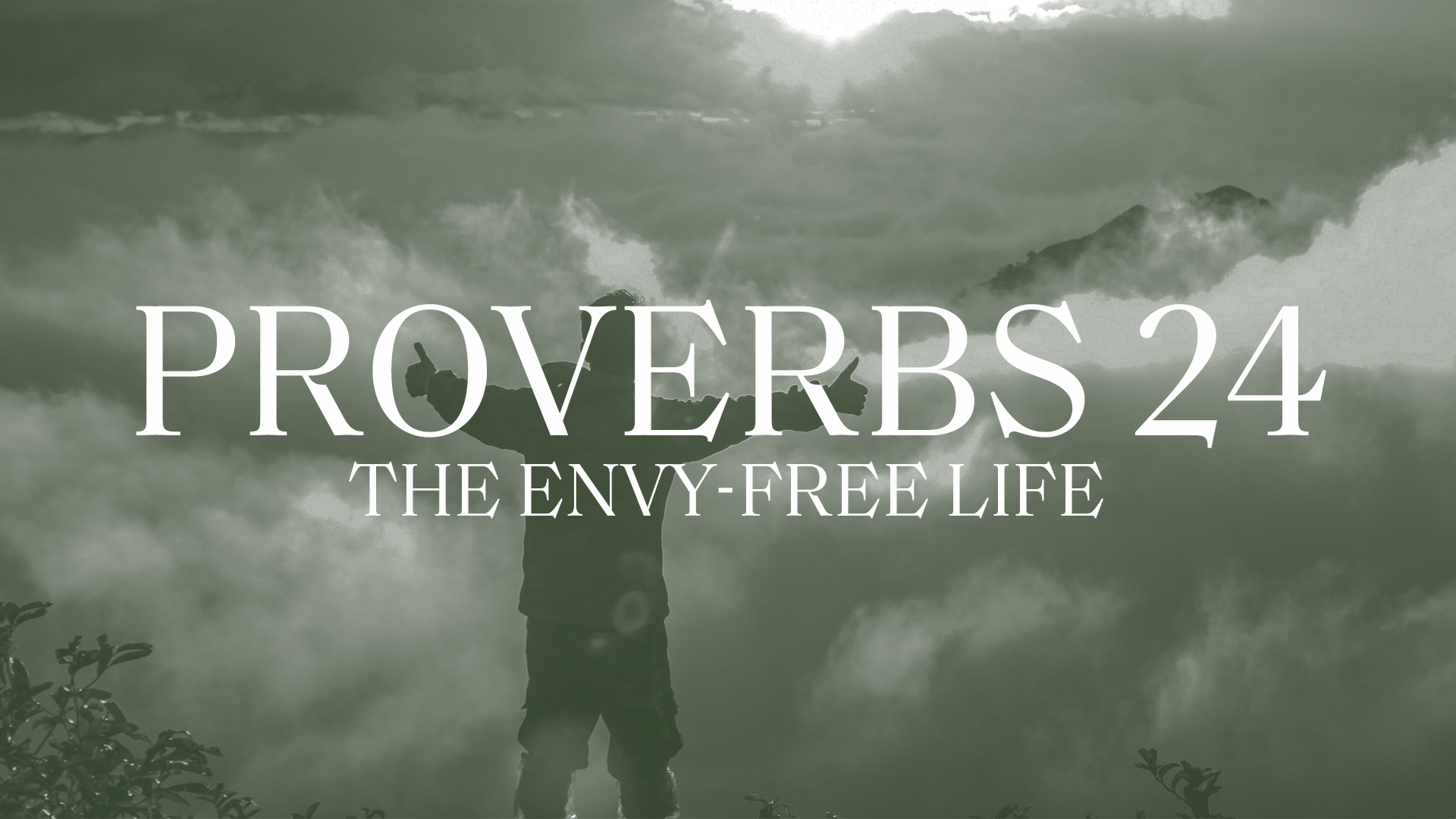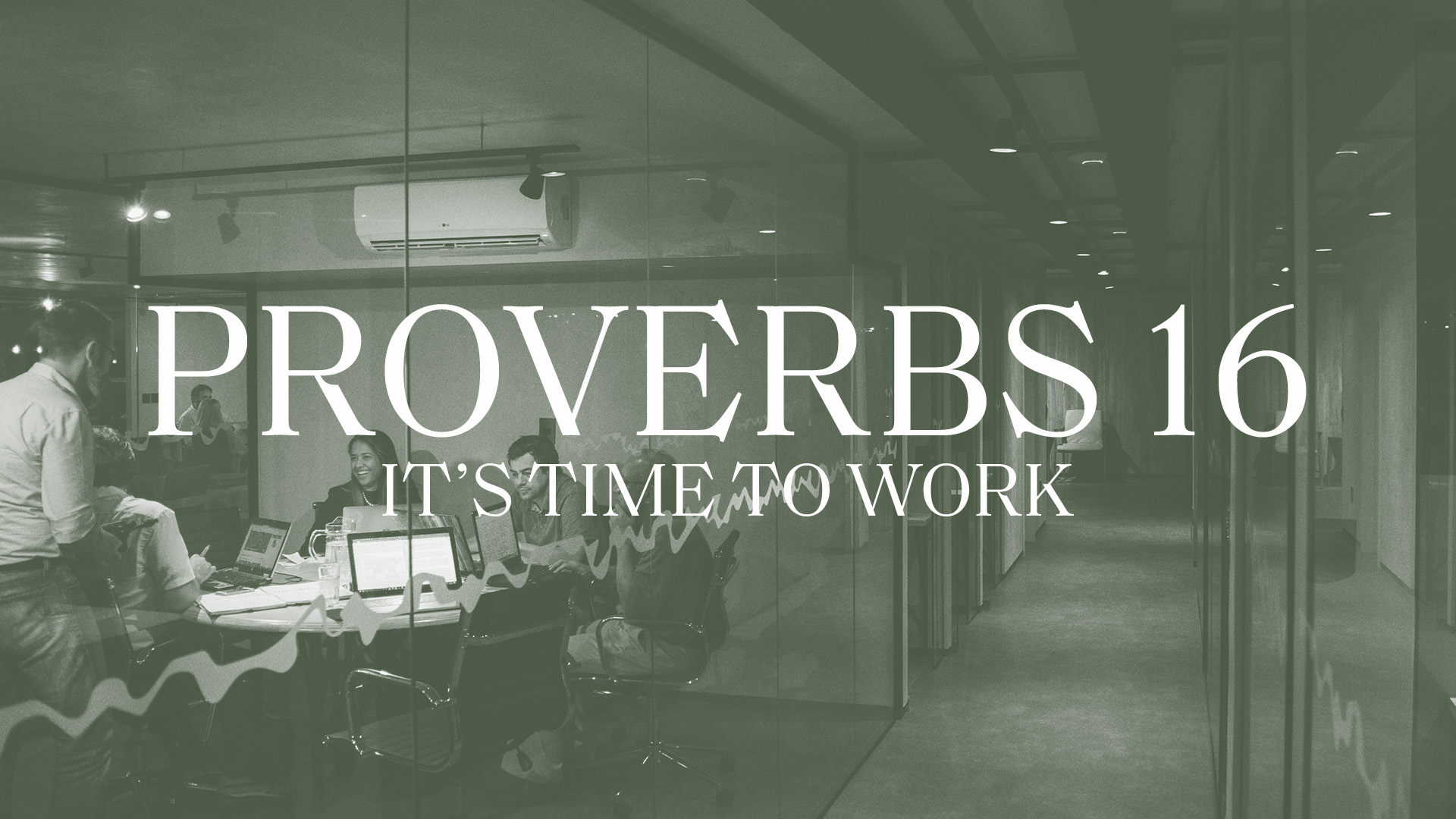“In all the work you are given, do the best you can.
Work as though you are working for the Lord, not any earthly master.”
— Colossians 3:23 (ERV)
As followers of Jesus, we believe that our talents are given to us. And as gifts, we desire to develop and employ them to their fullest potential. Pursuing excellence is a form of expressing gratitude to the Giver.
In practice, this often means that we are going to invest more than is requested/expected of us. We complete the tasks we are responsible for, but then we inquire, “what’s the extra 10% that will make this *even* better?”
We’ve finished making dinner for our guests — but what’s the Extra 10% that will make this dinner even better? Bringing out the best serving platters? Turning on some background music? Cleaning up all the shoes we normally leave by the front door? How can this be more lovely? More memorable? More meaningful? What is the extra 10%?
Sometimes it means adding something that wasn’t in the original plan. Sometimes it means subtracting something that we normally would have been okay to leave as-is. The process of identifying the extra 10% can take on many different forms, but the intent is the same: transforming yesterday’s “best” into a better “best” for today.
As an artist, I was not always someone who thought this way. Fortunately, many of my peers at Passion introduced me to its many benefits — and so I began making some of the following changes to incorporate the Extra 10% mentality into my work:
Building margin into the timeline
The primary reason I wasn’t looking for the Extra 10% is that my timelines were barely enough to complete the project at all. I left no margin. Over the years, I’ve come to realize that if I can get a project finished and approved 48 hours in advance of its deadline, that is the perfect amount of time for me to ask, “Okay, now what can make this even better?”
Admitting that feedback is healthy
Feedback hurts. When I was younger I aimed to avoid getting negative feedback. Ultimately, this was a reflection of my own insecurity. I needed to grow up. Feedback is not my enemy; neither are those who express it to me. A team that does not lend feedback to one another is a team that doesn’t want to grow. In order to get to the Extra 10%, I need to permit others to help me see the gaps in my work. Feedback hurts, but it’s sometimes the only gateway to identifying the Extra 10%.Now… a quick caveat to the above: not all feedback is helpful. I’ve received plenty of vague, petty, uninformed, and outright ridiculous commentary about my work, even from people whom I trusted. But often the comment itself is not the point. What matters is the dialogue, prompting us to pause and reevaluate. When you give others an open door to review, you also give yourself an open door to improve.
Absorbing each Extra 10% into the Normal 100%
Each time I finish a project, evaluate the Extra 10%, and implement it — that special addition becomes a part of my regular future workflow. That is to say: whatever I did for the Extra 10% on “Project A” will no longer be the Extra 10% when I start “Project B”. If you’re successfully growing, the pursuit of “good to great” will be ever-evolving. That’s why having margin and feedback are so critical: they assist me in this never-ending chase.
Ultimately, we invest our talents so that we are always bringing our best to Jesus. Does that mean that every project is better than the last? Not necessarily. When we seek out the Extra 10%, the project may not always improve a lot… but we will.






